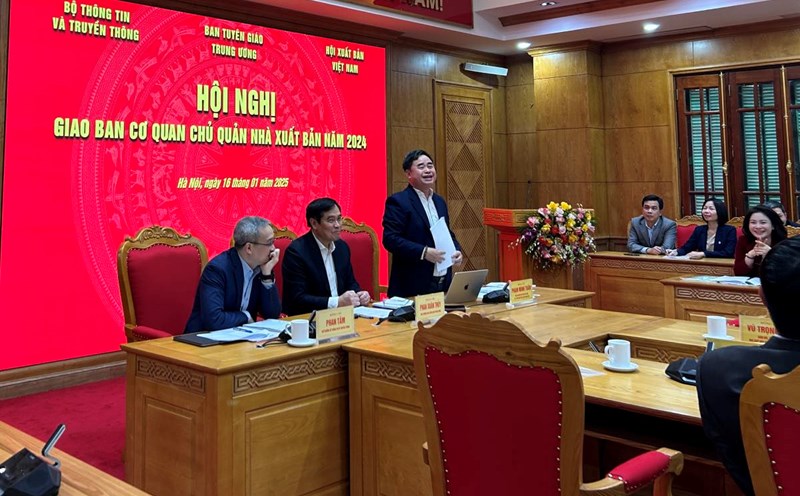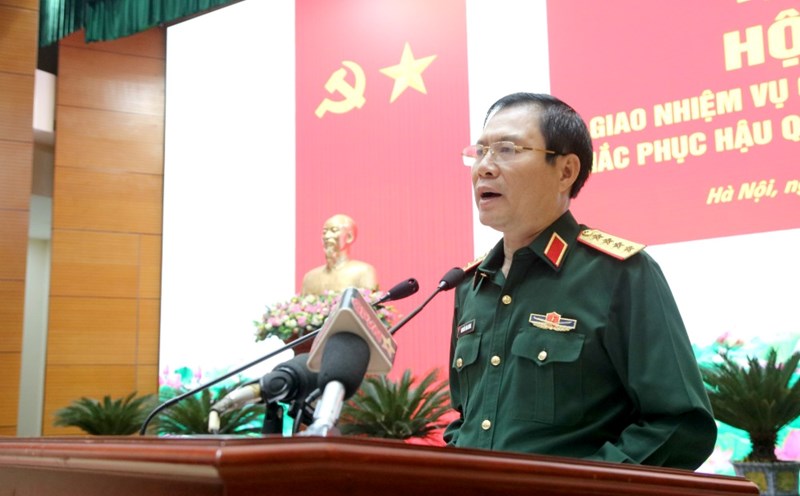Artificial Intelligence (AI) has gone beyond being a supporting tool to becoming a factor that is revolutionizing the global book publishing industry. By optimizing processes, shortening production times, and expanding readership, AI is bringing about profound changes in the way books are written, edited, and distributed.
“AI has been used as a powerful tool to improve many aspects of the publishing industry, from the editorial process to content production,” Wendy Queen, director of the Muse Project at Johns Hopkins University Press, said at a conference at George Washington University. This is considered a breakthrough in the publishing industry, opening up valuable opportunities for authors to assert their talents in a competitive market.
The Power of AI: Accelerating Publishing, Expanding Opportunities
One of the most prominent examples of AI’s power in publishing is Spines, an Israeli startup that aims to publish 8,000 books by 2025—four times the number of US publisher Simon & Schuster, one of the world’s oldest publishers with a 100-year history. Spines is setting a new standard for speed and efficiency.
Spines offers AI-powered services like proofreading, cover design, formatting, and book distribution, which translates to a turnaround time of just two to three weeks from manuscript to finished product, compared to months or even years in the traditional publishing model. With fees ranging from $1,200 to $5,000, Spines opens the door for authors who have not yet been recognized or have difficulty reaching major publishers.
“We don’t replace human creativity, we just help authors focus on what they do best: write great stories,” says Spines CEO Yehuda Niv. This not only breaks down traditional barriers, but also creates a more equitable publishing environment where anyone has the opportunity to bring their ideas to life.
Beyond accelerating the publishing process, AI is also playing a key role in bringing books to global audiences through advanced translation applications. Dutch publisher Veen Bosch & Keuning has used AI to translate books from Dutch to English, opening up opportunities for local works to reach international markets. Similarly, Stockholm-based Nuanxed is deploying AI technology to accelerate the translation of long-running series, allowing readers around the world to access classic stories without language barriers.
“AI can bring more foreign language books to the English-speaking market faster and more efficiently,” Robert Casten Carlberg, CEO of Nuanxed, shared in an interview with Publishers Weekly.
AI is also bringing significant changes to the optimization of metadata and book distribution. By analyzing data and reading habits of readers, publishers can easily reach the right target audience, ensuring that each book is delivered to the most appropriate reader. This is an important step forward, especially in the context of increasingly fierce competition in the book market.
Big tech companies have also jumped on the bandwagon, further bolstering the power of AI in the publishing industry. Microsoft, with its 8080 Books label, has pledged to shorten the time from manuscript to book release. This not only speeds up the process, but also ensures that the works are always current and relevant to current trends. Meanwhile, ByteDance, TikTok’s parent company, has leveraged data from the BookTok community to detect reading trends and publish titles that appeal to younger readers.
The Future is Open: Technology and Art Go Hand in Hand
One of the biggest benefits of AI is its ability to automate many complex steps, from editing, translation to distribution. This not only saves authors time but also opens up opportunities for them to focus on content creation, the core element that makes a book valuable.
“AI can act as a thinking partner, assisting writers in creativity and ideation,” GW Today quoted experts at a George Washington University conference.
AI also brings transparency and efficiency to intellectual property management. Many major publishers, such as HarperCollins (USA), have applied AI to manage copyrights and support authors to optimize the value of their works. This technology helps protect the rights of authors while ensuring that books are published and distributed legally.
More importantly, AI is transforming publishing into a frontier. Ideas that were once limited by geography, language, or production costs can now fly further than ever before. AI is helping books reach a wider audience, while also providing a diversity of content, from literary classics to modern, contemporary stories.
AI books are the product of modern technology and a symbol of a promising era of innovation. With speed, precision, and scalability, AI is making every creative dream come true, opening up new horizons for the publishing industry.
The future of books is limitless, where speed and creativity blend together, creating lasting value for both authors and readers. With AI, the publishing industry is changing dramatically, reshaping the way we tell and consume stories - a journey that has no end, always full of inspiration and meaning.











